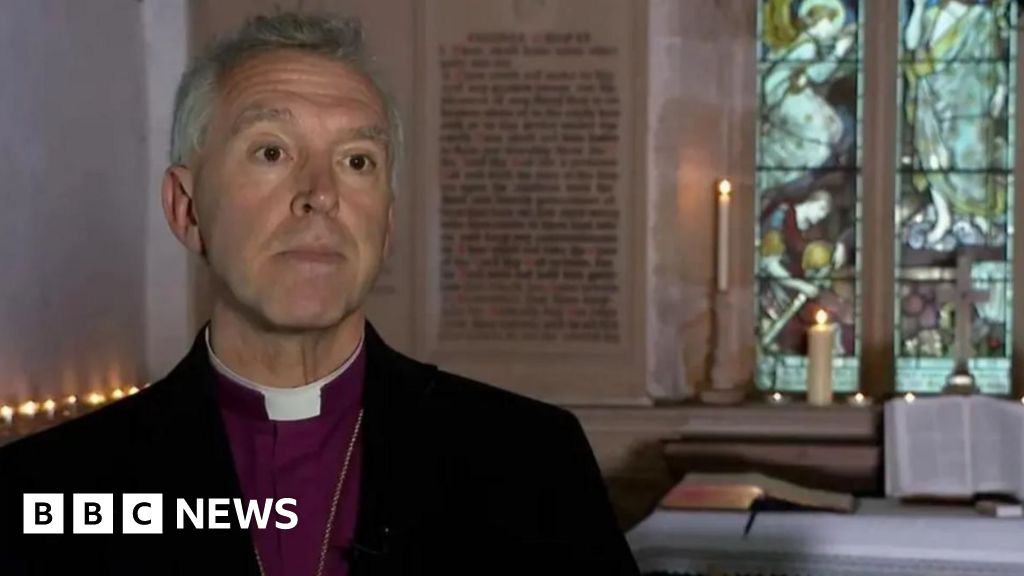The Supreme Court on Friday handed President Donald Trump a major victory by limiting the ability of lower courts to block his executive order curbing birthright citizenship while sidestepping the core constitutional question at the heart of the controversy: whether the children of undocumented immigrants born on U.S. soil are entitled to citizenship under the 14th Amendment.
In a 6-to-3 decision split along ideological lines, the Court ruled that lower federal judges had overstepped their authority by imposing nationwide injunctions that blocked the policy across all 50 states. Writing for the majority, Justice Amy Coney Barrett criticized such sweeping judicial orders, stating, “When a court concludes that the executive branch has acted unlawfully, the answer is not for the court to exceed its power, too.”
The Justices did not address the legality of Trump’s effort to dismantle automatic citizenship for children born in the United States to noncitizen parents, leaving that question for future litigation. But their ruling weakens a key legal tool that had previously stalled the Administration’s immigration agenda—and may open the door to new, state-by-state battles over one of the most deeply rooted principles in American law. The order will not go into effect for 30 days, the Justices said in their opinion, allowing its legality to be contested further.
The decision means that, barring further legal action, Trump’s birthright citizenship order could soon take effect in 28 states that have not formally challenged it. However, it remains blocked in New Hampshire, where a separate case is still pending.
The executive order, issued on Trump’s first day back in office, could reshape the country’s immigration framework. It called for denying citizenship to the U.S.-born children of undocumented immigrants and temporary visitors, a dramatic departure from more than a century of legal interpretation. The order specified that only children with at least one U.S. citizen or lawful permanent resident parent would be considered citizens at birth.
Critics argue that the policy directly contradicts the Citizenship Clause of the 14th Amendment, which states: “All persons born or naturalized in the United States, and subject to the jurisdiction thereof, are citizens.” The Supreme Court has upheld this clause as conferring citizenship to nearly all children born on American soil—a position most legal scholars consider settled law since the Court’s landmark 1898 ruling in United States v. Wong Kim Ark.

 4 hours ago
3
4 hours ago
3









